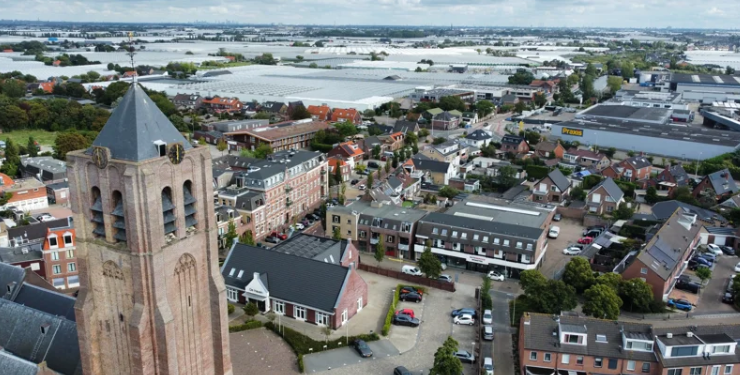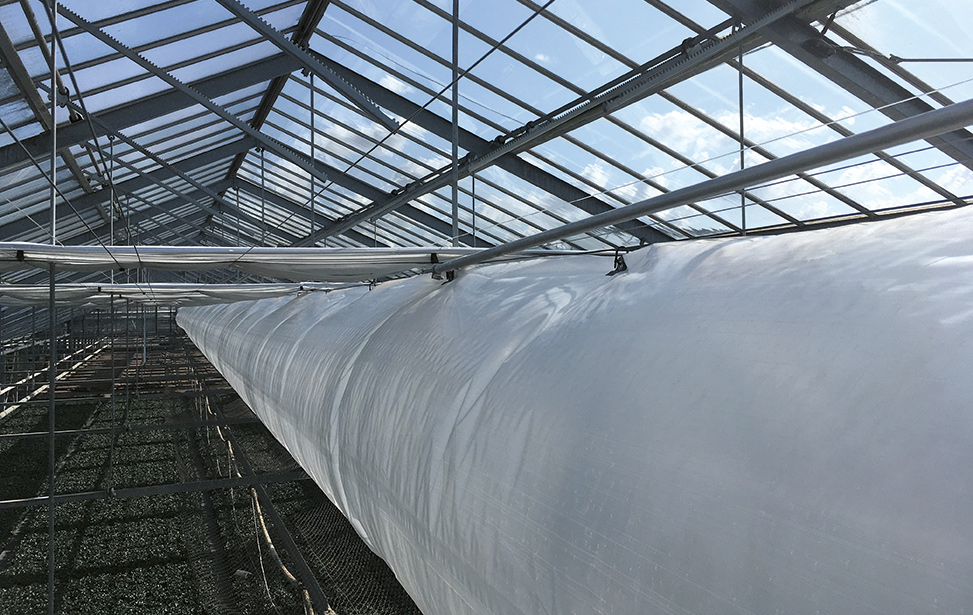#Dutchhorticulture #greenhousefarming #sustainability #economicimpact #innovation #environmental #stewardship #VVDWestland #GreenportNederland #agriculturalpolicy #imagerevitalization
In recent times, the future of Dutch greenhouse farming has come under scrutiny, with calls to reconsider its economic viability in light of environmental concerns. Figures like Klaas Knot, director of De Nederlandse Bank, have questioned the sustainability of activities reliant on fossil fuel subsidies. However, it’s essential to recognize the immense contributions of the greenhouse farming sector to the Dutch economy. Employing over 80,000 individuals and generating nearly €8 billion in added value annually, Dutch horticulture remains a cornerstone of the nation’s economic landscape.
Beyond its economic significance, Dutch greenhouse farming stands as a beacon of innovation and sustainability on the global stage. The Greenport Nederland, characterized by its commitment to sustainability, technological advancement, and crop improvement, continues to lead the way in shaping the future of agriculture. Dismissing this sector prematurely overlooks its potential for long-term growth and innovation, as underscored by its portrayal in international media outlets like National Geographic, which aptly described Westland as a hub for feeding the world.
Recognizing the importance of revitalizing the image of Dutch horticulture, VVD Westland has called upon the local government to take proactive measures. By collaborating with industry stakeholders and advocacy groups, municipalities like Westland can spearhead campaigns aimed at highlighting the sector’s achievements and fostering a renewed sense of pride within the community. As the largest municipality within the Greenport network, Westland possesses a unique opportunity to set an example for others, ensuring that Dutch greenhouse farming continues to thrive in the years to come.
The discourse surrounding Dutch greenhouse farming underscores not just its economic significance but its potential as a driver of sustainable growth and innovation. By reframing the narrative and emphasizing its contributions to employment, economic prosperity, and environmental stewardship, stakeholders can ensure that the legacy of Dutch horticulture endures for generations to come.












